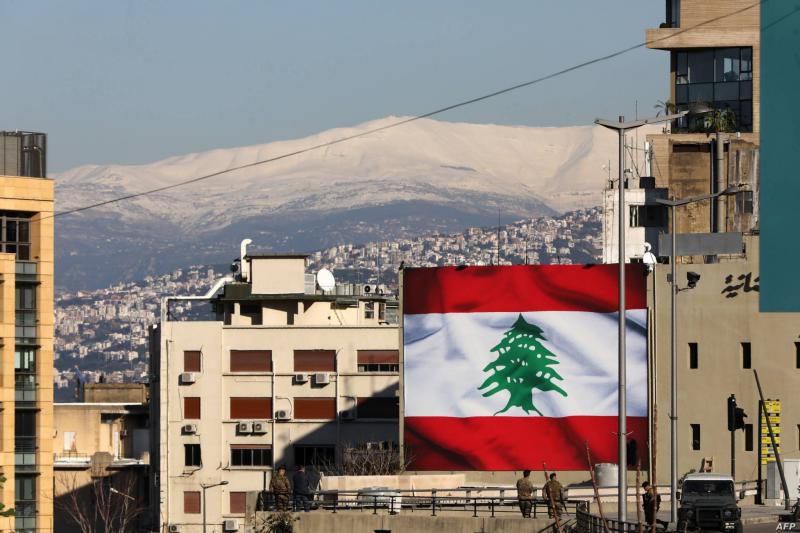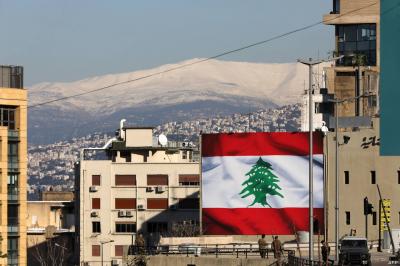Amid the open Lebanese front in support of Gaza, Lebanon is experiencing a political paralysis while awaiting the outcomes of the battles there. Whether the Lebanese like it or not, realities have become interconnected. Internally, a political debate is wide open regarding the situation on the southern front and the presidential file, which Speaker of the House Nabih Berri has indicated he will seek to revive after the holiday break. Berri's stance coincides with reports of the return of French envoy Jean-Yves Le Drian and Qatari envoy Jassim bin Fahd Al Thani. Lebanese Forces leader Samir Geagea addressed Berri in a message suggesting the adoption of the principle that governed the extension of the army commander and moving towards calm, bilateral negotiations to reach presidential understandings.
**Awaiting the South**
On Hezbollah's side, they do not object to engaging in dialogues, emphasizing the principle of electing a president who does not stab them in the back. Current realities indicate that everything will be linked to the course of the war on Gaza and its cessation. Afterward, discussions in Lebanon would revolve around a comprehensive package, beginning with establishing stability in the south, connected to the land demarcation proposed by Amos Hochstein as part of a de-escalation effort. The party remains politically committed to the option of Suleiman Franjieh, especially after all the developments occurring in the region, knowing that the presidential elections will be the result of an international understanding reflected in internal consensus. Therefore, it is essential to wait for an Iranian-American convergence related to developments in the south which will lead to an internal settlement.
Like the existing open Lebanese debate, there is an Israeli discourse filled with threats and escalations of positions, reaching discussions about deadlines given to Lebanon for Hezbollah to establish stability in the south and provide guarantees to assure settlers about returning to their homes in northern settlements. Meanwhile, more realistic opinions within Israel indicate a reluctance to enter into war and the impossibility of implementing Resolution 1701 without a political agreement, or as Israelis indicate readiness to enforce it using military force. Particularly, all the demands placed by Israelis appear unrealistic, whether regarding Hezbollah's withdrawal from the south of the Litani River, or the issue of withdrawing the Radwan forces, as they are the sons of these regions and towns.
**An American Path**
Realistically and with a cool head, the maximum attainable can be divided into two phases, following a ceasefire in Gaza. The first phase relates to restoring matters to where they were on October 6, namely returning to the provisions of the political agreement that established stability under Resolution 1701. The second phase continues the American path to replicate the maritime border demarcation model on land. What the Americans want from this is to reach an equation where the demarcation of borders and the withdrawal of Israel from disputed points, along with an international framework to resolve the Shebaa Farms dilemma, are expected to strip Hezbollah of many justifications for using arms, making it no longer necessary for the party to resort to using this weaponry. The discussion here is about establishing stability, not about disarming.
This path, which the Americans desire, fundamentally involves imposing sustainable stability in southern Lebanon, which will lead to further Lebanese debates regarding the party's weaponry and its retention. Politically, there must be a cost for any agreement of this nature, which will again be based on an Iranian-American understanding that solidifies stability in the south, in exchange for changing political realities in Lebanon, and perhaps constitutional realities as well. This will start with electing a president supported or desired by the party, and perhaps later re-examining the entire Lebanese formula and how to constitutionally enhance its standing.




